-
ABOUT THE AUTHOR
Andrew Watson
Andrew began his classroom life as a high-school English teacher in 1988, and has been working in or near schools ever since. In 2008, Andrew began exploring the practical application of psychology and neuroscience in his classroom. In 2011, he earned his M. Ed. from the “Mind, Brain, Education” program at Harvard University. As President of “Translate the Brain,” Andrew now works with teachers, students, administrators, and parents to make learning easier and teaching more effective. He has presented at schools and workshops across the country; he also serves as an adviser to several organizations, including “The People’s Science.” Andrew is the author of "Learning Begins: The Science of Working Memory and Attention for the Classroom Teacher."
Tags
ADHD adolescence attention autism book review boundary conditions classroom advice conference speakers constructivism/direct instruction creativity desirable difficulty development dual coding elementary school embodied cognition emotion evolution exercise experts and novices gender high school homework intelligence long-term memory math methodology middle school mind-wandering mindfulness Mindset motivation neuromyths neuroscience online learning parents psychology reading retrieval practice self-control skepticism sleep STEM stress technology working memoryRecent Comments
- Goals, Failure, and Emotions: a Conceptual Framework |Education & Teacher Conferences on “Learning from Mistakes” vs. “Learning from Explanations”
- From Destruction to Rebuilding: Hope in Science’s Down Cycle on When Analogies Go Wrong: The Benefits of Stress?
- Dual Coding: Boosting Learning Through Words and Images – White Dragon of East County on Visual & Verbal: Welcome to “Dual Coding”
- "All People Learn the Same Way": Exploring a Debate |Education & Teacher Conferences on The Goldilocks Map by Andrew Watson
- URL on Difference Maker: Enacting Systems Theory in Biology Teaching, by Christian...
ABOUT THE BLOG

Advice: It Is Better to Give than Receive
Students benefit not only from receiving advice, but also from giving it. This low cost strategy can build confidence and promote learning. Continue reading
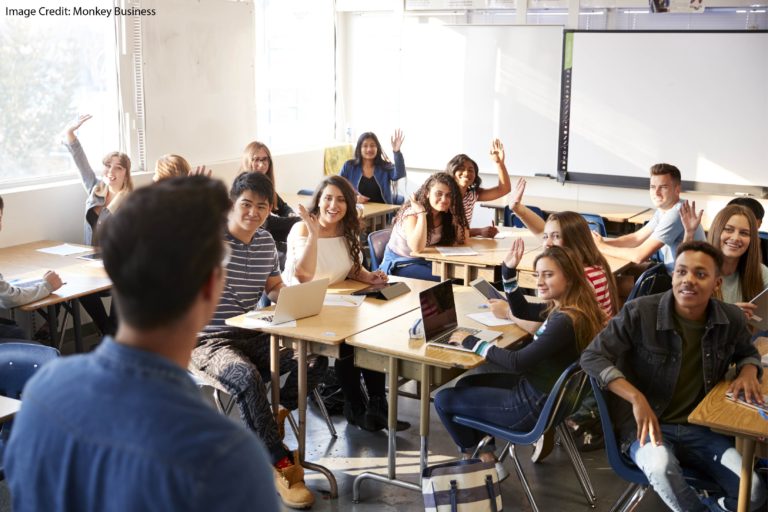
What Students Want to Know about Brains and Learning, Part...
High school students have questions. We have (some) answers. Continue reading
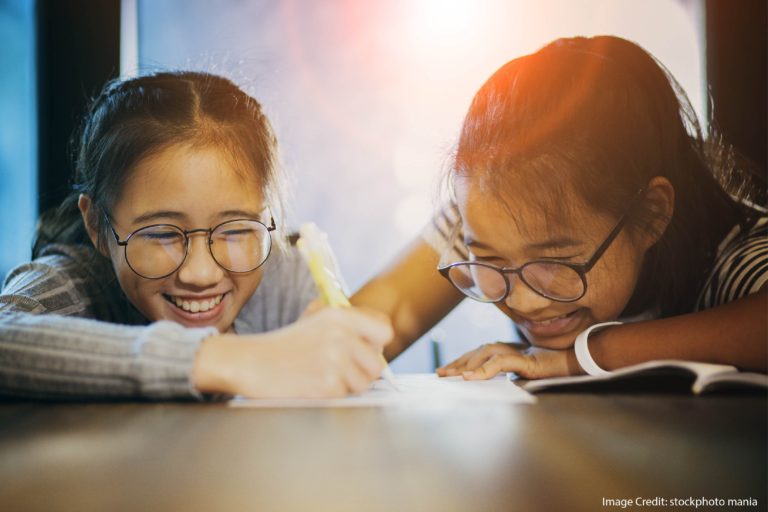
Study Advice for Students: Getting the Specifics Just Right
To get the best benefits from “retrieval practice,” teachers can try this strategy to reassure and motivate nervous students. Continue reading

What Students Want to Know about Brains and Learning
What do students want to know about brains and learning? Good news: they’ve got insightful questions, and researchers have good answers. Continue reading
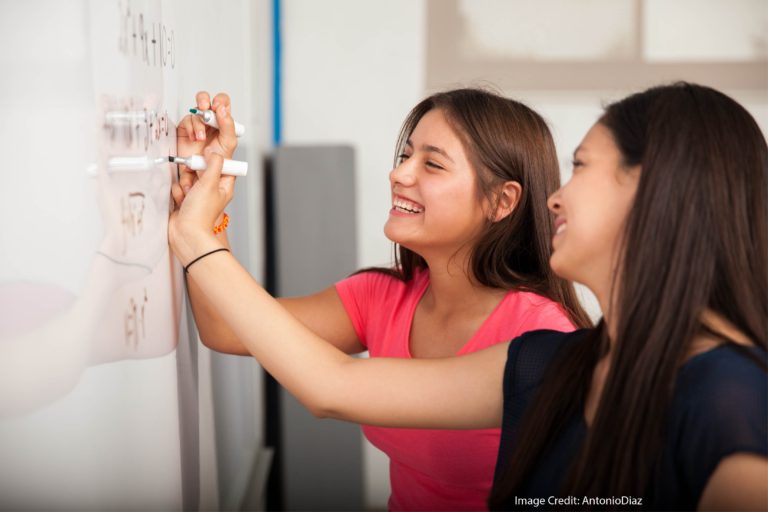
The Best Teaching Method? Depends on the Student…
To know the best teaching approach for our students, we need to ask better questions about their currently level of expertise. Continue reading

In Defense of Other-Than-Passionate Teaching
You might hear advice that you have to be passionate to succeed as a teacher. While passion might be good, authenticity will be even better. Continue reading
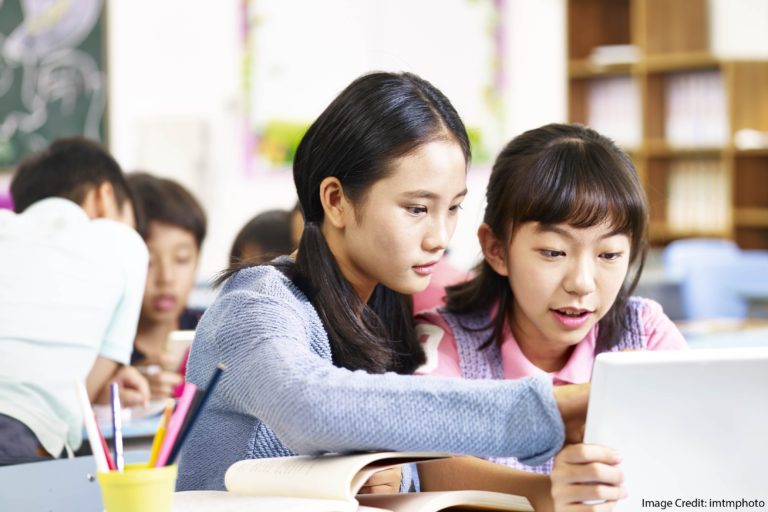
Exploring the Nuances of Peer Feedback
A recent article offers a helpful summary of research into peer feedback. Continue reading
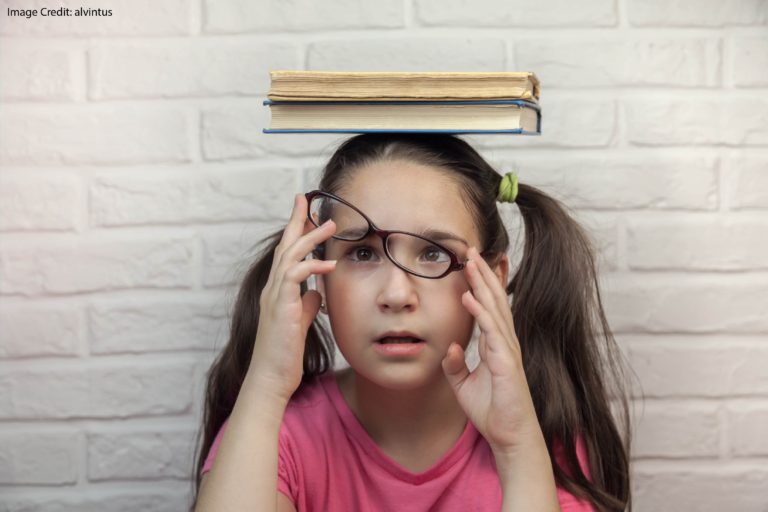
Even More Good News about Mindfulness
A second recent study, this one correlating mindfulness with academic progress, gives us further hope that mindfulness can help our students and our school. Continue reading
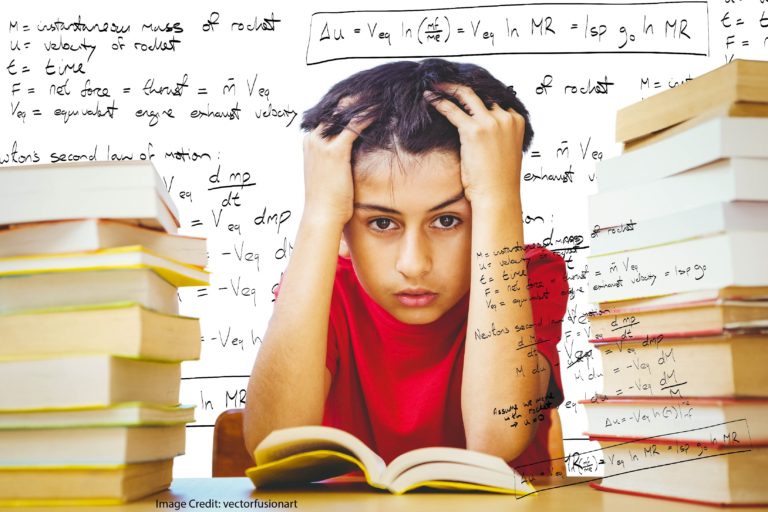
What (De)Motivates Struggling Math Students?
When teachers focus on their students’ “innate math ability,” what happens to their students’ motivation? Researchers in Germany wanted to find out. Continue reading
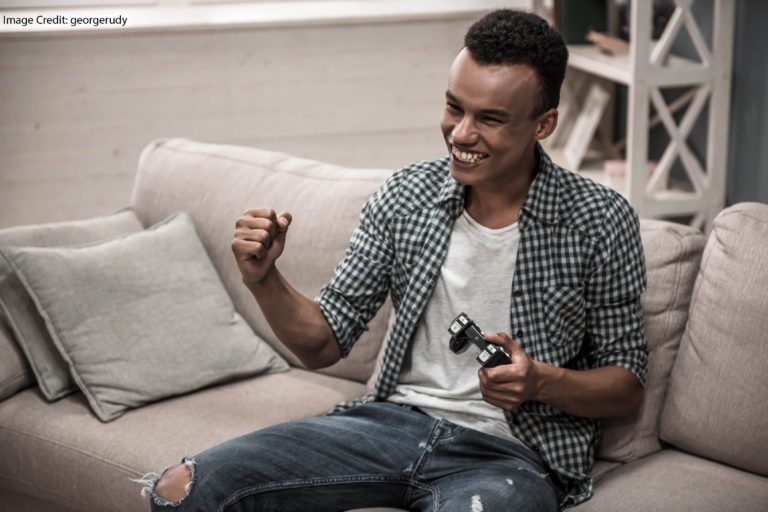
Yes or No: “Video Games Can Promote Emotional Intelligence”?
A recent study from Italy gives us intriguing possibilities for helping adolescents manage their complex emotions. Continue reading

